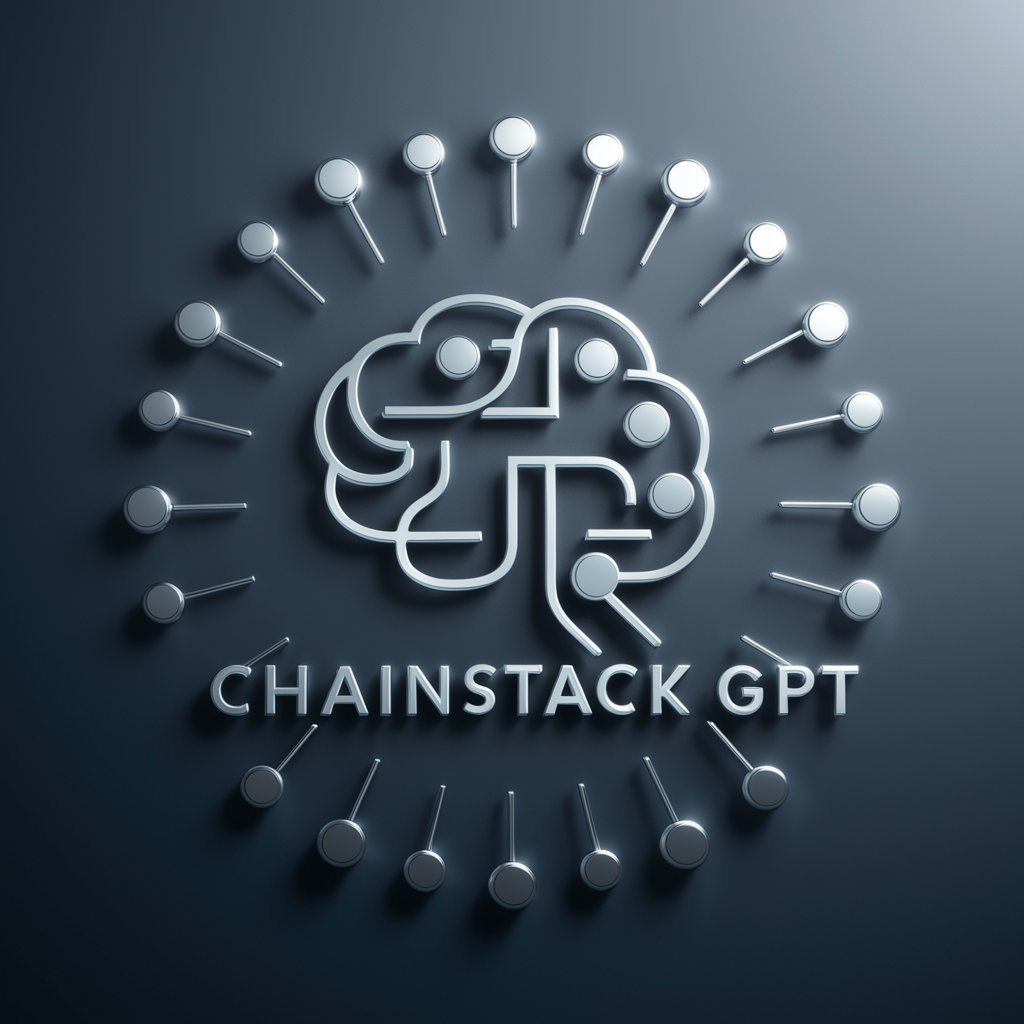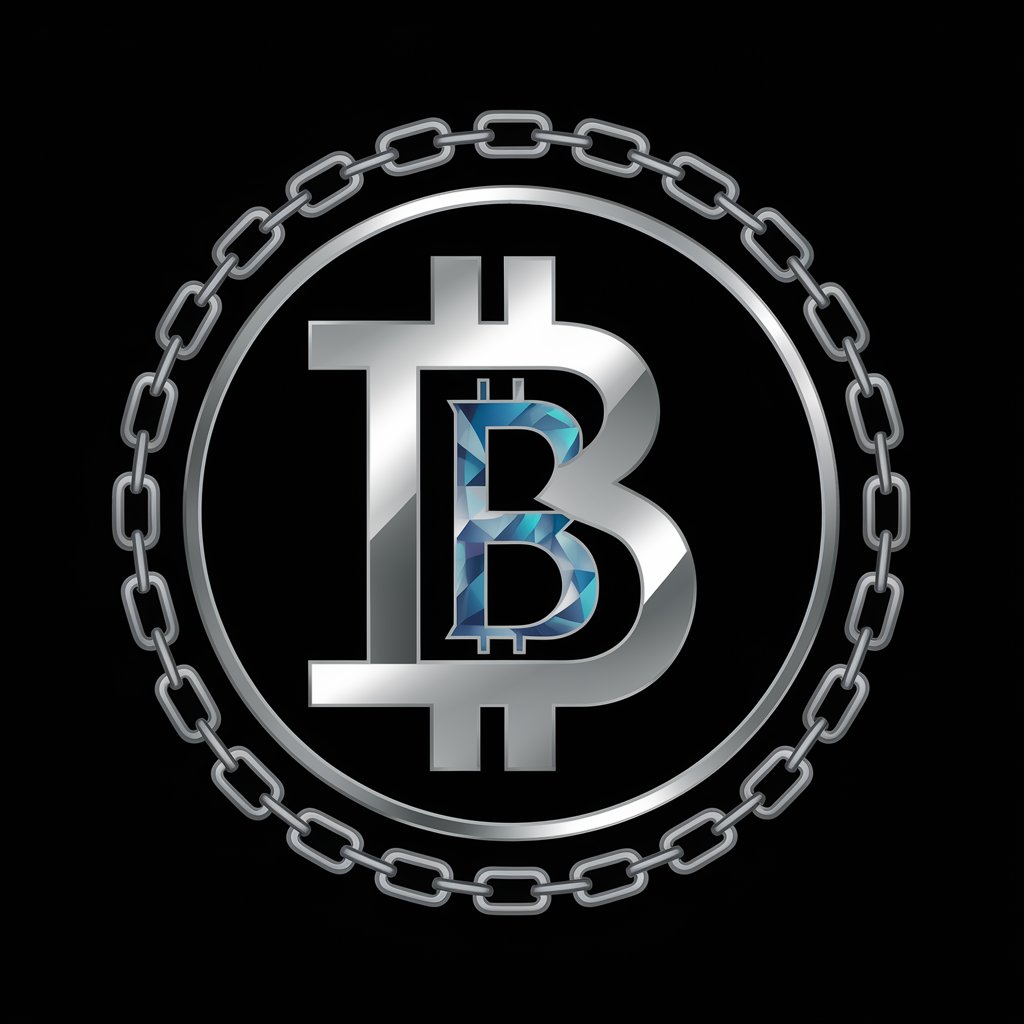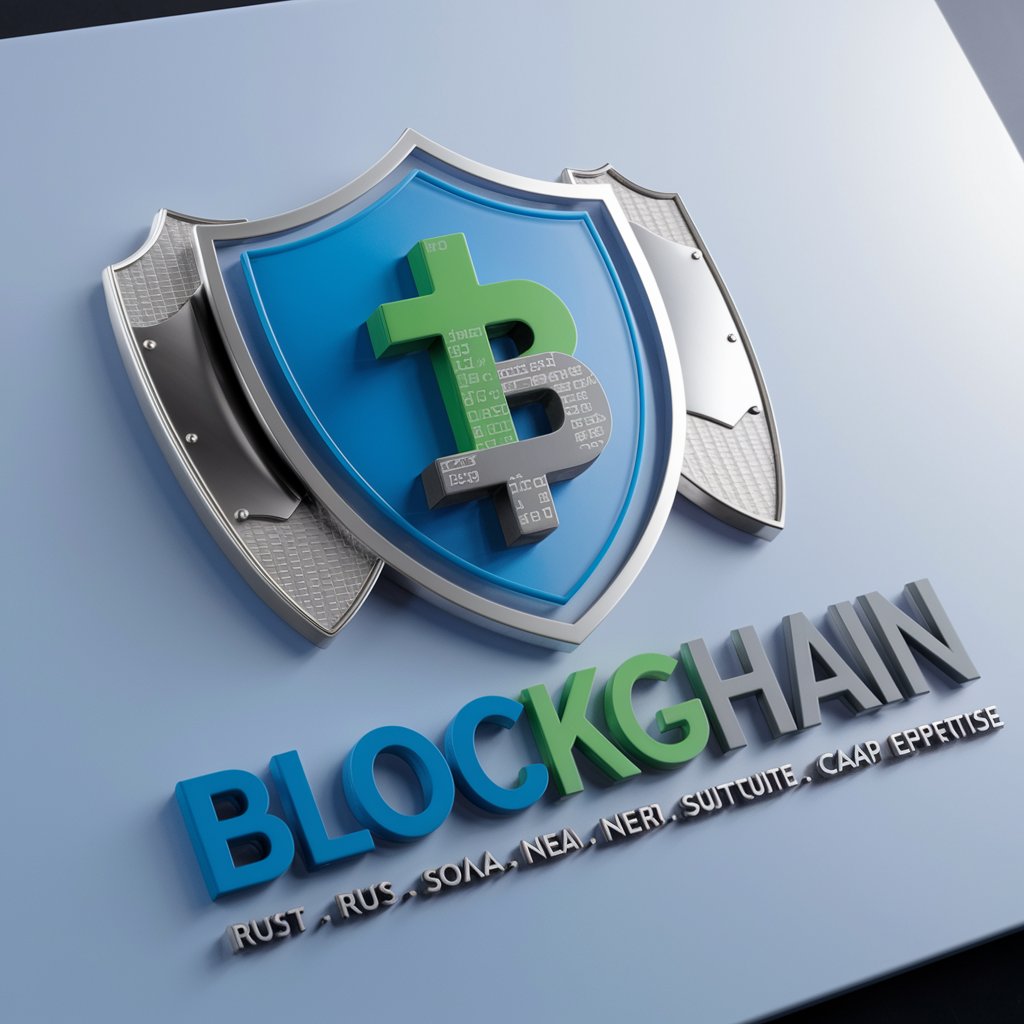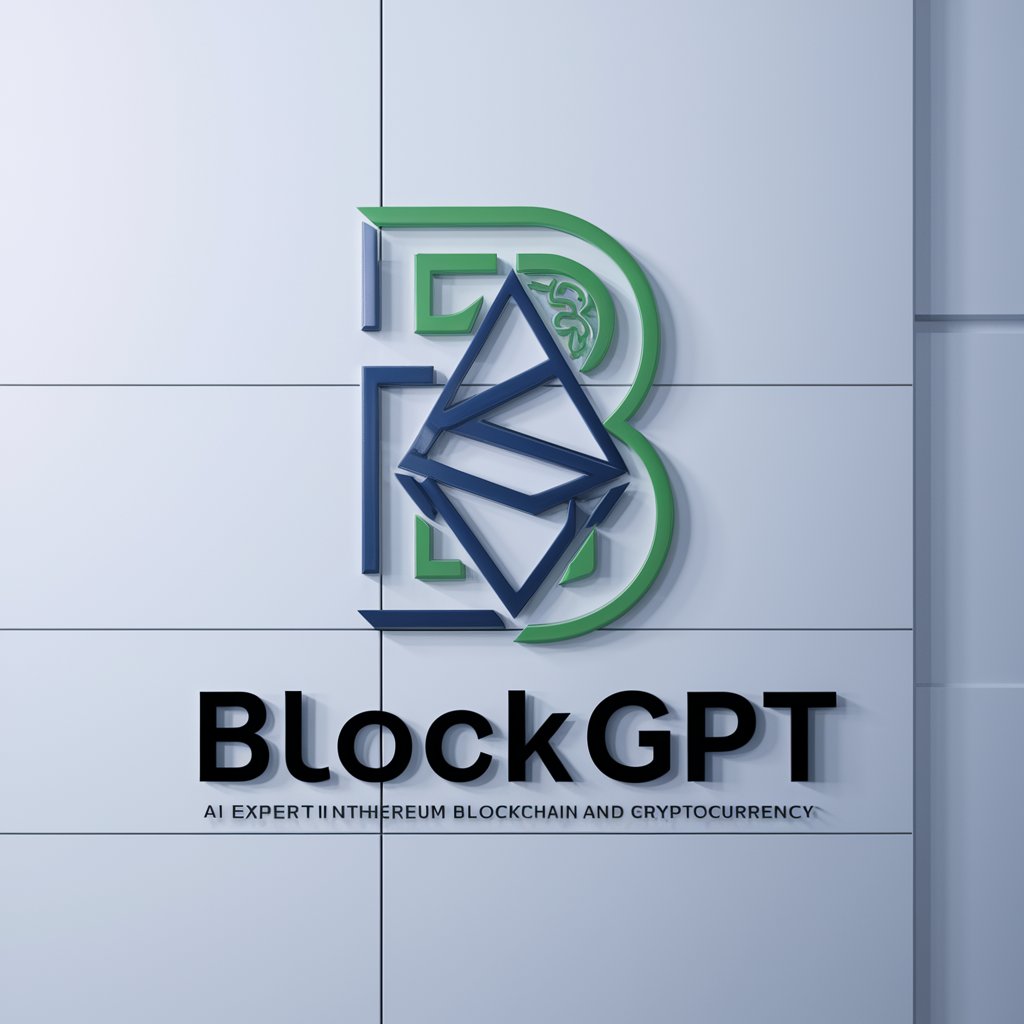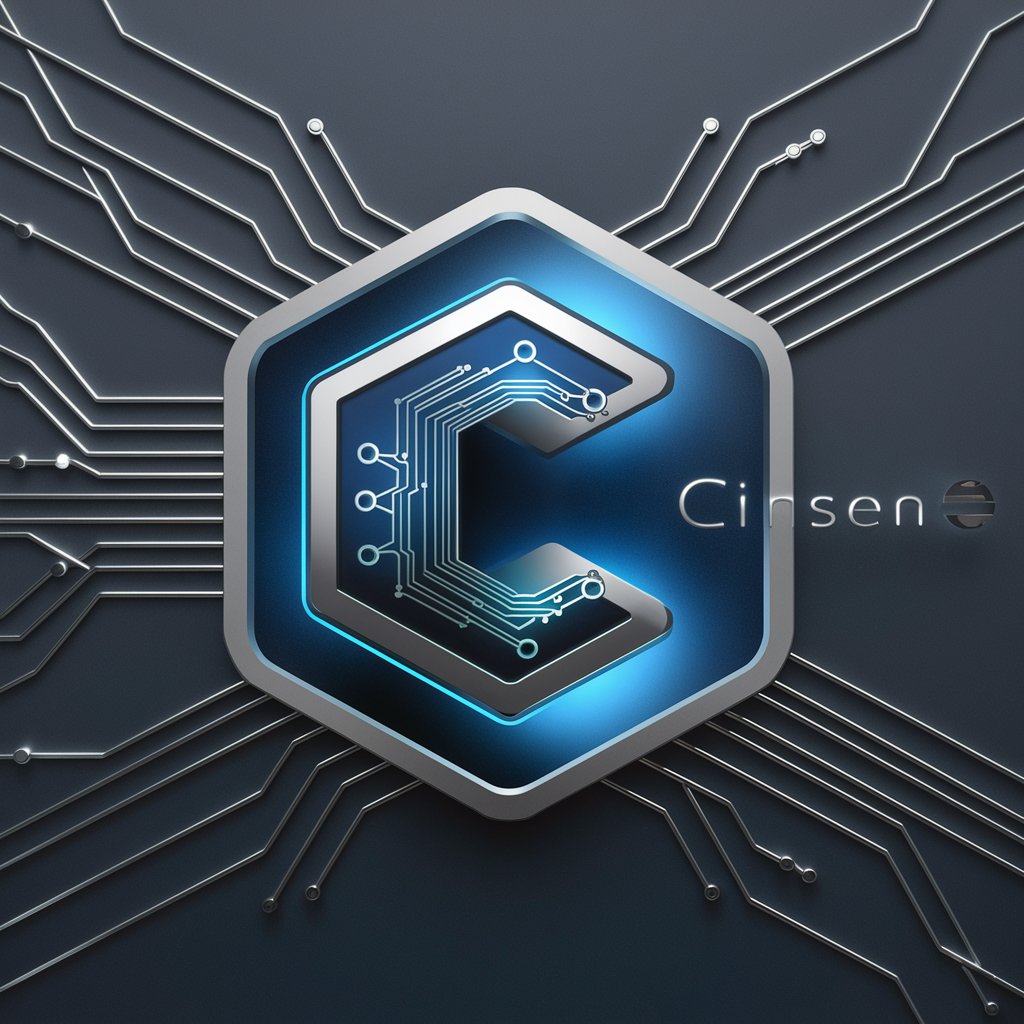
Cartesi Rollups - Scalable Smart Contract Solution
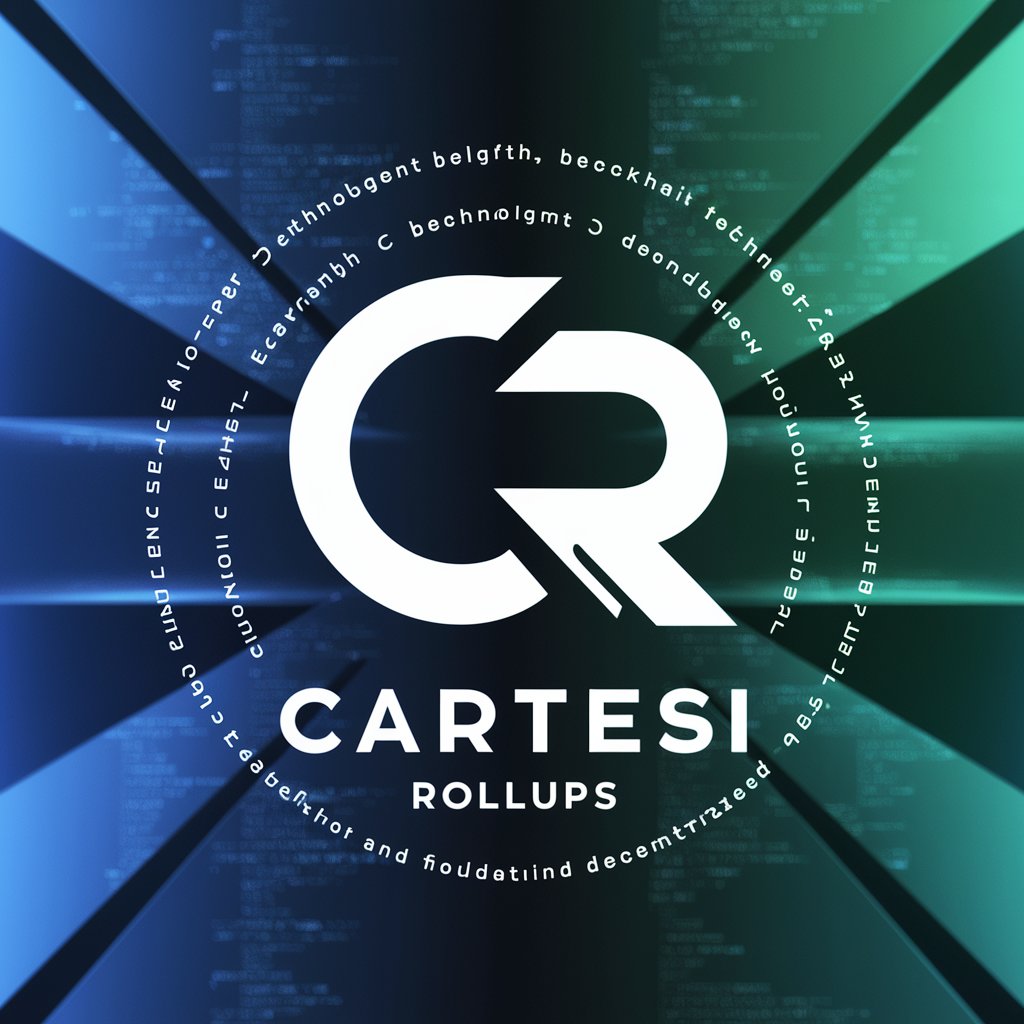
Welcome to Cartesi Rollups, your gateway to decentralized development!
Empowering dApps with AI-driven Scalability
Describe the core functionality of Cartesi Rollups...
Explain how Cartesi Rollups integrates with existing blockchain networks...
Provide an overview of the development tools available on the Sunodo platform...
Detail the steps involved in deploying a Cartesi Rollups application...
Get Embed Code
Overview of Cartesi Rollups
Cartesi Rollups are a layer-2 solution for blockchain applications, designed to enhance scalability, efficiency, and flexibility. By leveraging rollups, Cartesi enables smart contract execution off-chain while maintaining data availability and security guarantees on-chain. This framework allows for complex computations and real-world data integration without the limitations of blockchain computational costs and throughput. A prime example of Cartesi Rollups' utility is in decentralized applications (dApps) requiring extensive data processing or machine learning capabilities. For instance, a dApp could perform complex data analysis off-chain using Cartesi Rollups, then record the final result on the blockchain, ensuring both scalability and security. Powered by ChatGPT-4o。

Key Functions of Cartesi Rollups
Scalable Computation
Example
A multiplayer online game uses Cartesi Rollups to handle complex game logic and state transitions off-chain, significantly reducing on-chain transaction costs and increasing game performance.
Scenario
In this scenario, the game's smart contract offloads computation-heavy tasks to Cartesi Rollups, allowing for a smoother and more cost-effective gaming experience.
Data Integration
Example
An agricultural tech dApp integrates real-world data such as weather patterns and soil quality, using Cartesi Rollups to process and analyze this data before updating the blockchain.
Scenario
Here, Cartesi Rollups facilitate the handling of large datasets and complex algorithms, making it feasible to integrate and utilize real-world data efficiently in blockchain applications.
Decentralized Machine Learning
Example
A health tech dApp leverages Cartesi Rollups for private and decentralized machine learning computations, analyzing patient data without compromising privacy.
Scenario
In this use case, patient data is processed off-chain within a secure and private environment, utilizing the computational power of Cartesi Rollups while ensuring data integrity and confidentiality.
Target User Groups for Cartesi Rollups
Blockchain Developers
Developers seeking to build scalable, efficient, and complex dApps are ideal users of Cartesi Rollups. They benefit from its ability to handle heavy computations off-chain while ensuring blockchain security and data availability.
Data-Intensive Industries
Industries dealing with large datasets, such as healthcare, finance, or supply chain, can leverage Cartesi Rollups for efficient data processing and integration into blockchain systems, thus benefiting from both the security of blockchain and the computational capabilities of Cartesi.
Machine Learning Practitioners
Researchers and companies focusing on decentralized machine learning applications find Cartesi Rollups advantageous. It enables them to perform complex computations required for machine learning models while maintaining the benefits of a decentralized infrastructure.

Using Cartesi Rollups: A Step-by-Step Guide
Initial Access
Visit yeschat.ai to engage with Cartesi Rollups without the need for a login or ChatGPT Plus subscription, offering a hassle-free trial experience.
Understanding the Basics
Familiarize yourself with the Cartesi ecosystem and Rollups technology, exploring its integration with decentralized applications (dApps) and smart contract functionality.
Environment Setup
Install necessary tools such as Docker, Node.js, Python, and Yarn. Set up a development environment compatible with Cartesi Rollups, ensuring all dependencies are met.
Developing Your dApp
Utilize the Cartesi Rollups framework to build your dApp. Focus on creating backend logic and interfacing with the Cartesi Rollups for off-chain computations and on-chain verification.
Testing and Deployment
Test your dApp in a local environment and deploy it to a supported testnet like Sepolia. Use the Cartesi Rollups tools for input handling, token deposits, and smart contract interactions.
Try other advanced and practical GPTs
Formula Assistant
Empower Your Data with AI
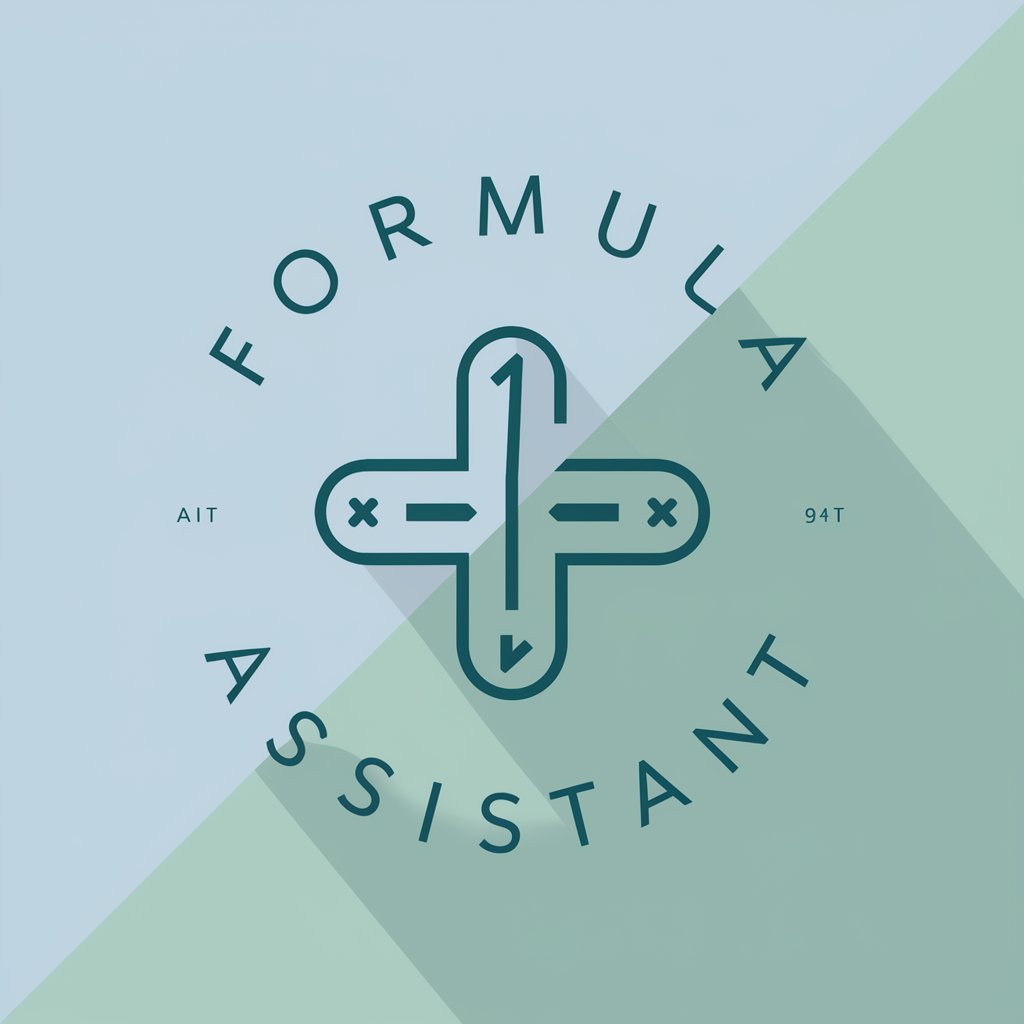
Ask Satoshi
Unlocking Satoshi's Vision with AI
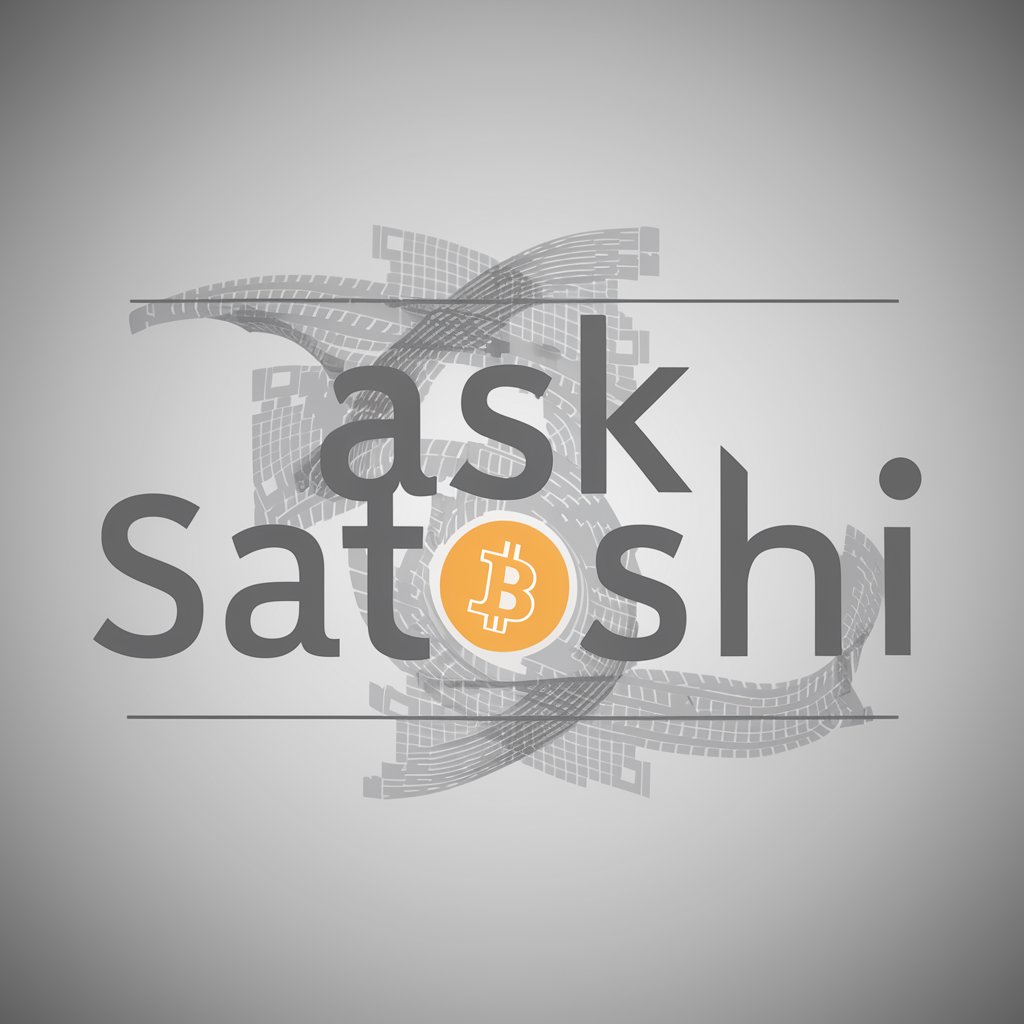
Artistic Insight
Empowering Artistic Exploration with AI

Mentor Jobsian
Empowering personal and professional growth through AI.
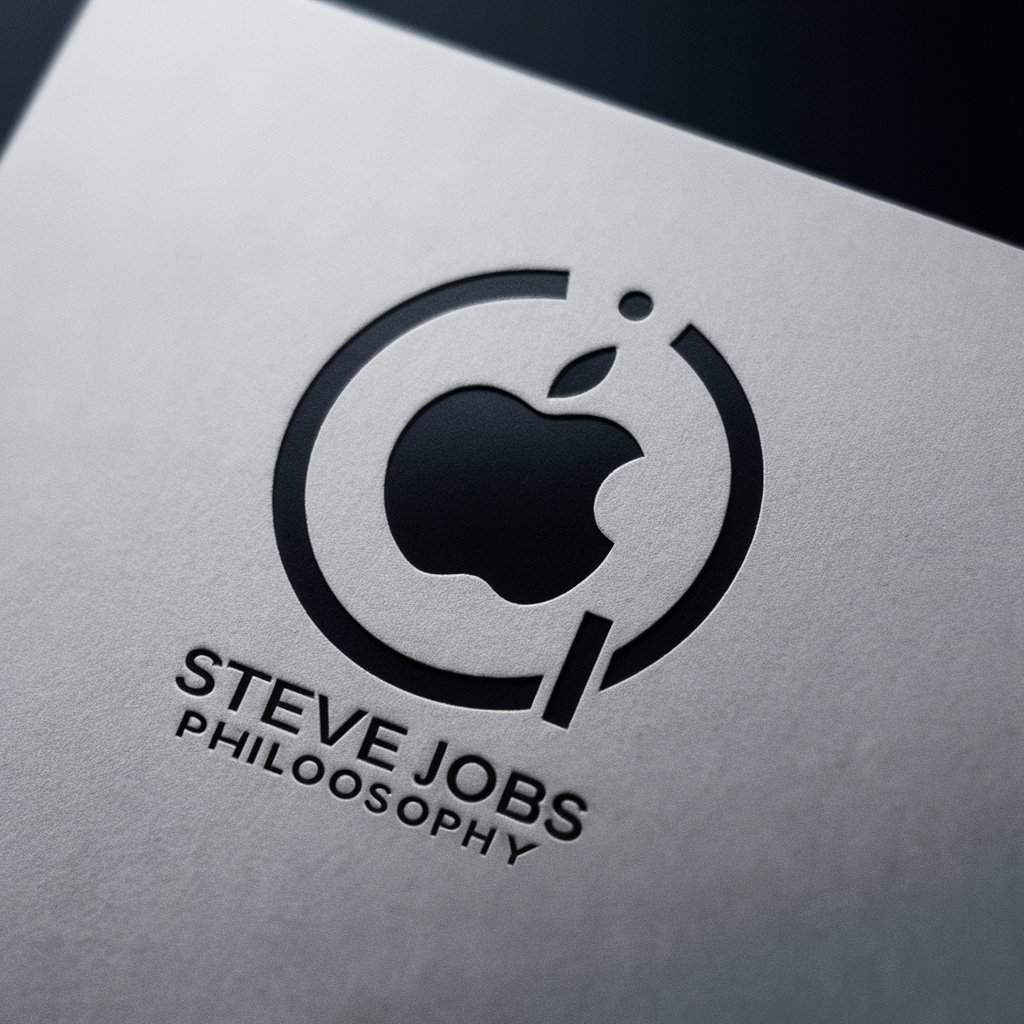
Accessibility Coach
Empowering Inclusion with AI
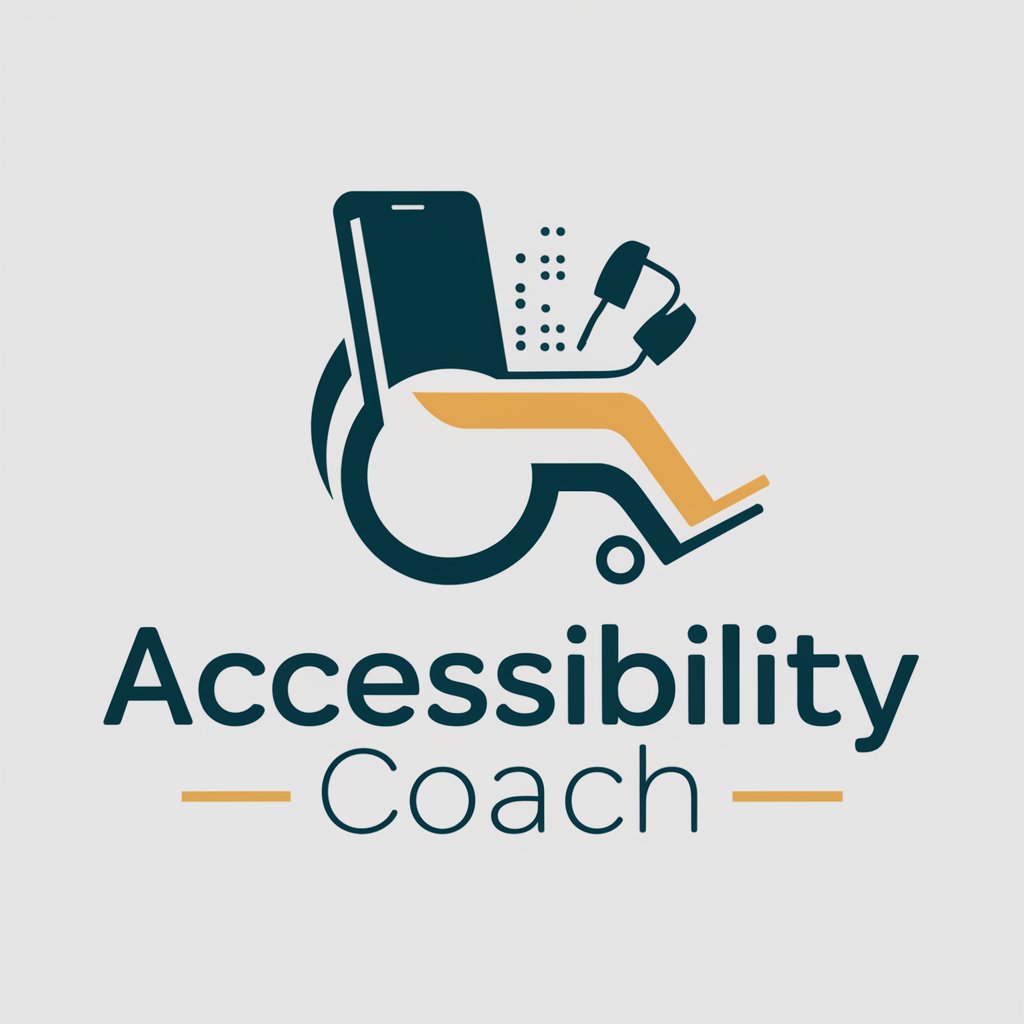
😒 The Grinch
Redefining Holiday Cheer with Sarcasm

Prompt Genius
Unleash Creativity with AI Insights
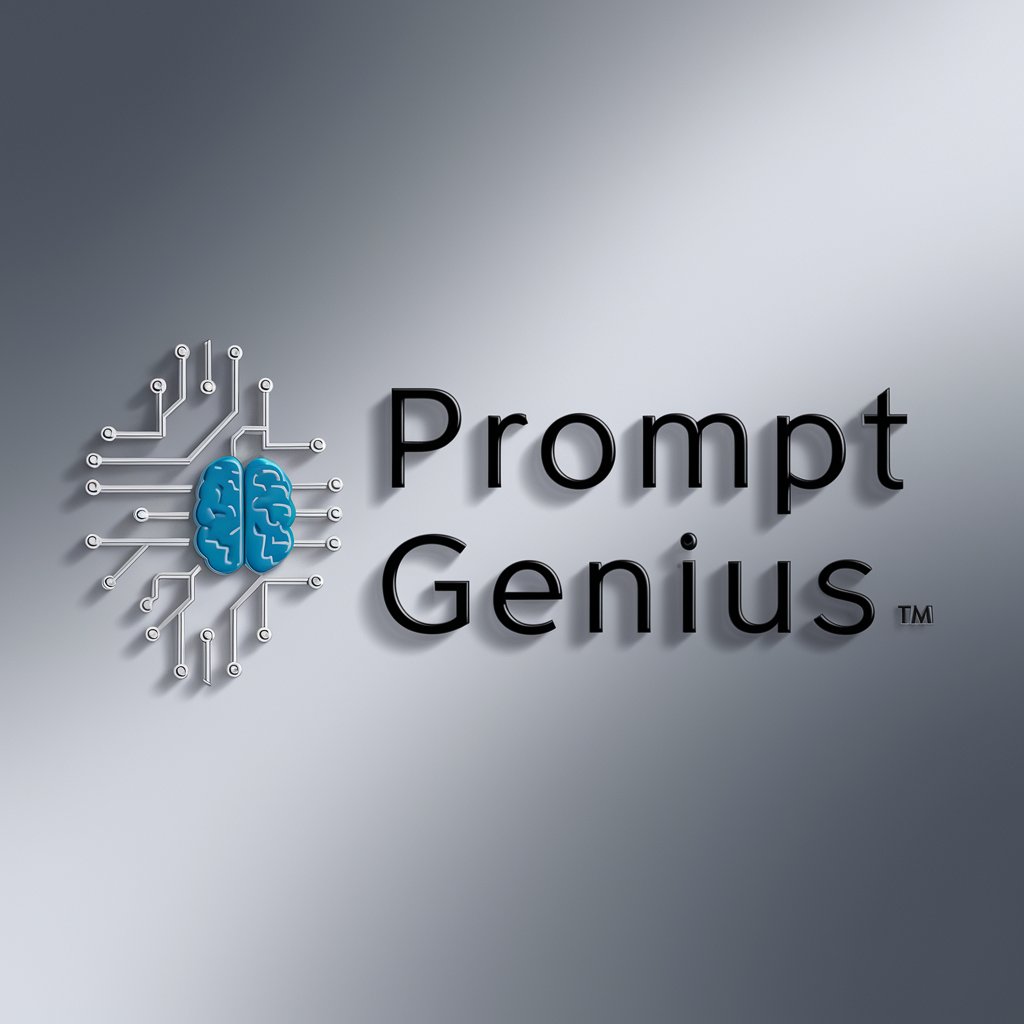
Ai Thought Leader (Writing Persona)
Empowering ethical AI decisions with expert insights

Cryptid File AI 🐾
Unveiling the unseen, AI-powered folklore exploration
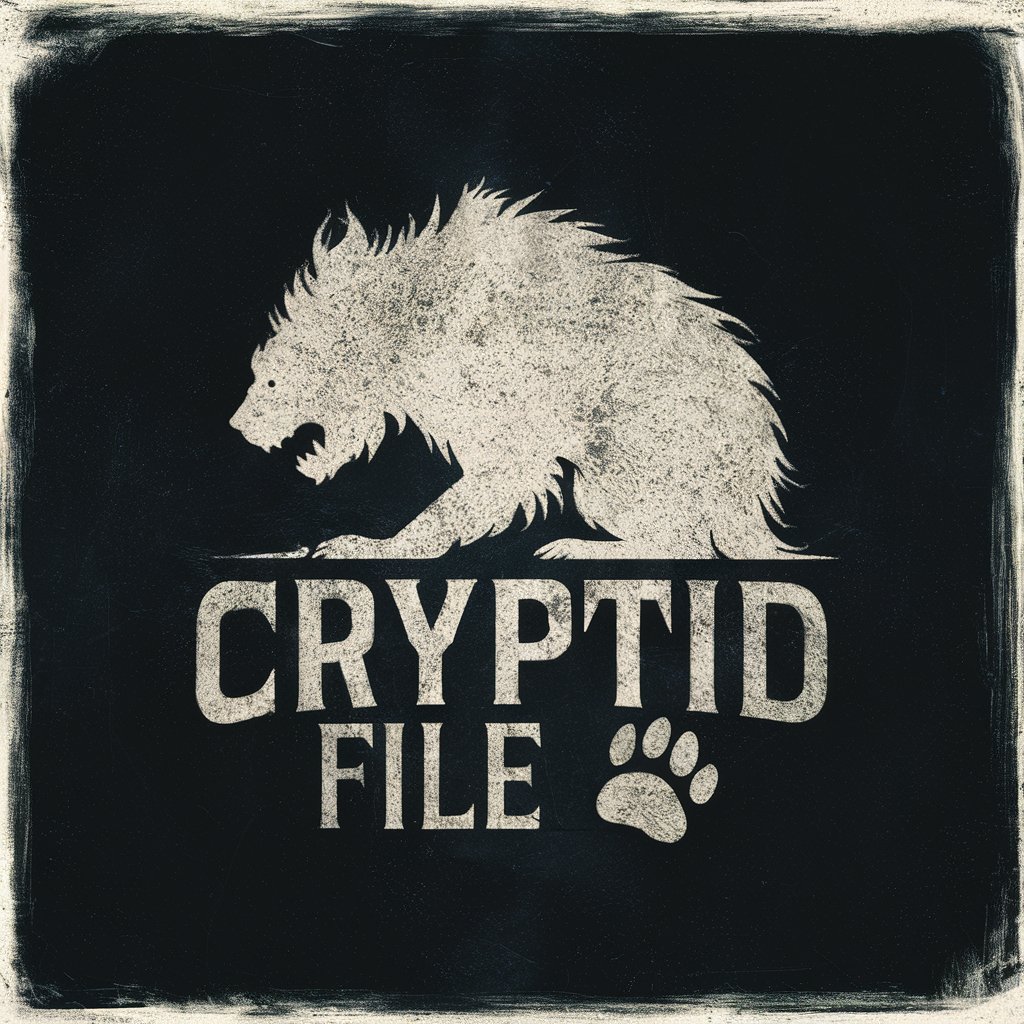
Create Targeted Social Media Ads
Optimize your ads with AI power.

Knowledge Architect
Structure Knowledge, Empower Ideas
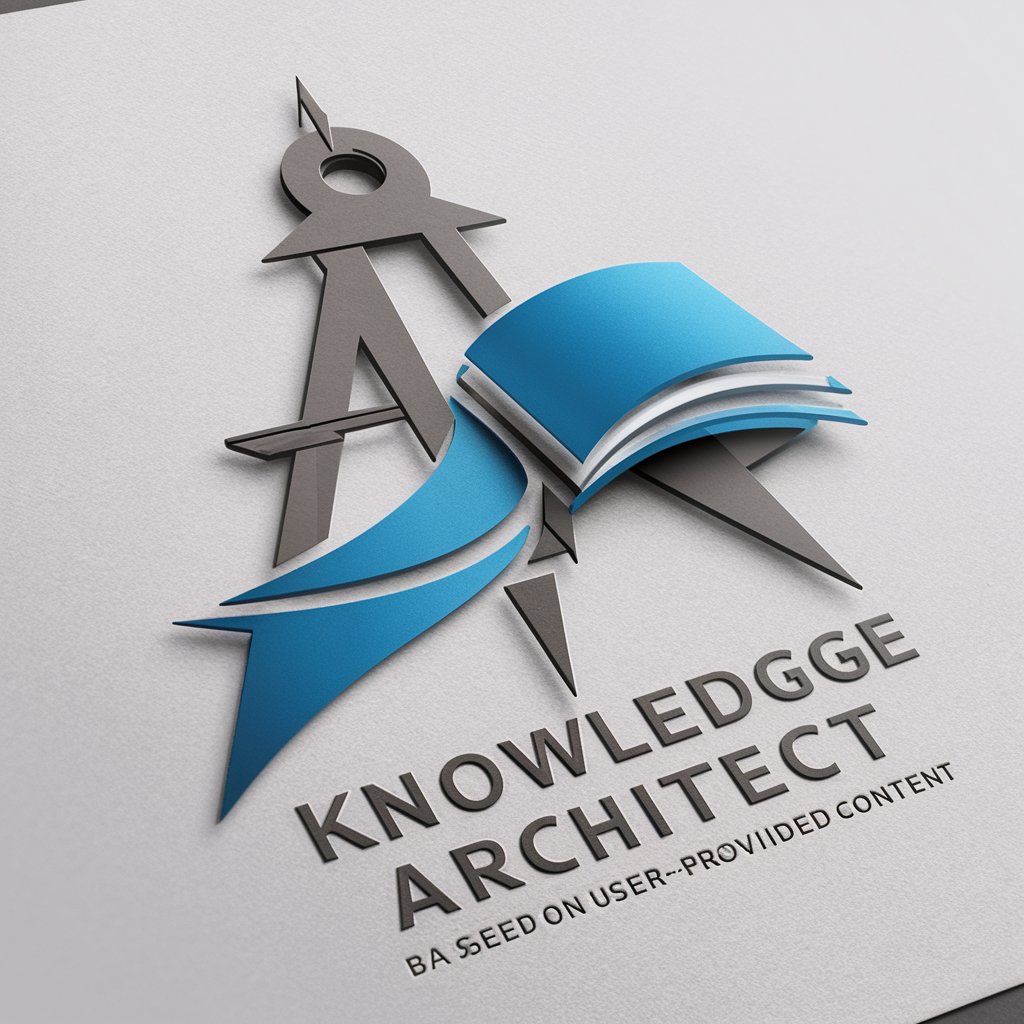
Animated Realism: From Drawing to Reality
Bringing Animated Characters to Life with AI

Frequently Asked Questions about Cartesi Rollups
What are Cartesi Rollups and how do they enhance dApp development?
Cartesi Rollups are a layer-2 scaling solution for decentralized applications, offering high throughput and low transaction costs. They allow developers to write scalable smart contracts with mainstream software stacks, enhancing computational capabilities and efficiency.
Can Cartesi Rollups integrate with existing blockchain networks?
Yes, Cartesi Rollups are designed to be compatible with various blockchain networks. They ensure deterministic deployment and enable seamless integration with networks like Ethereum, Polygon, and others, broadening the application's reach and interoperability.
How does Cartesi Rollups handle smart contract inputs and outputs?
Cartesi Rollups manage inputs through specialized input handling methods, supporting various types like ERC-20/721 deposits and generic inputs. For outputs, it employs output encoding techniques to validate and interact with smart contracts effectively.
What development tools are necessary for working with Cartesi Rollups?
Developing with Cartesi Rollups requires tools like Docker for containerization, Node.js for JavaScript runtime, Python for backend development, and Yarn for managing project dependencies.
Are there any specific tips for optimizing Cartesi Rollups development?
For optimal Cartesi Rollups development, it's essential to have a solid understanding of blockchain technology and smart contract development. Regular testing on local environments and testnets, and staying updated with Cartesi's development tools and updates, are also crucial for effective dApp development.
